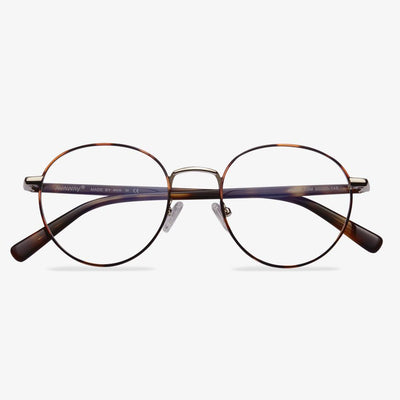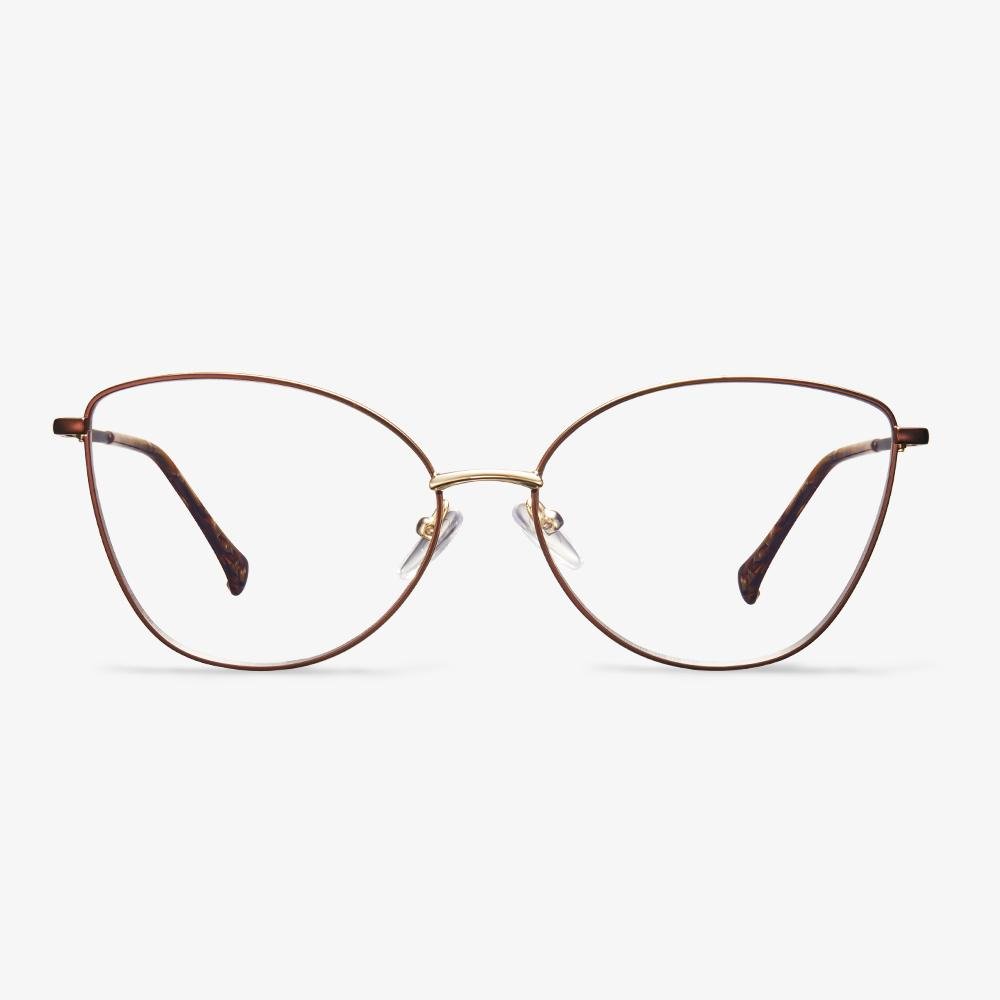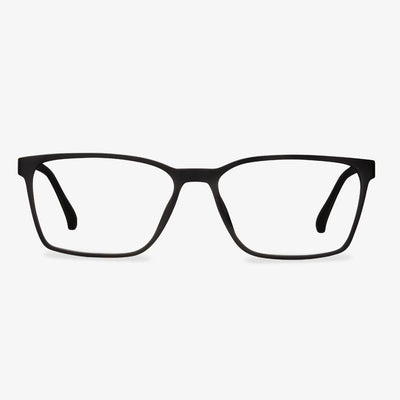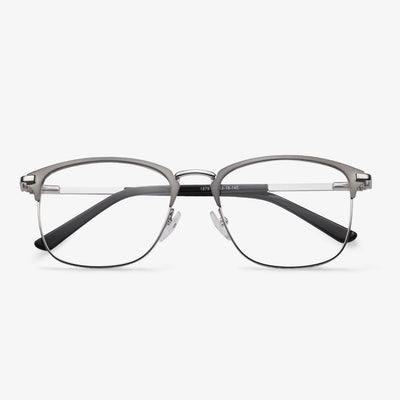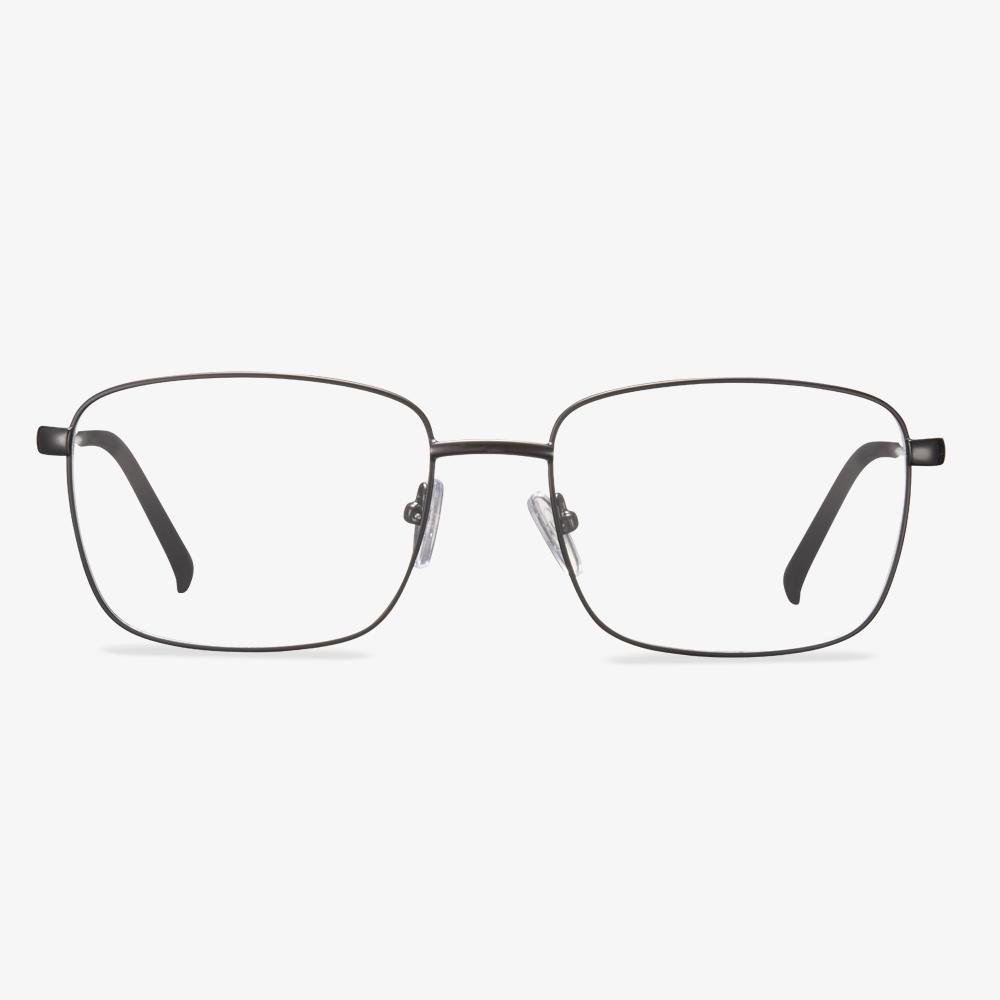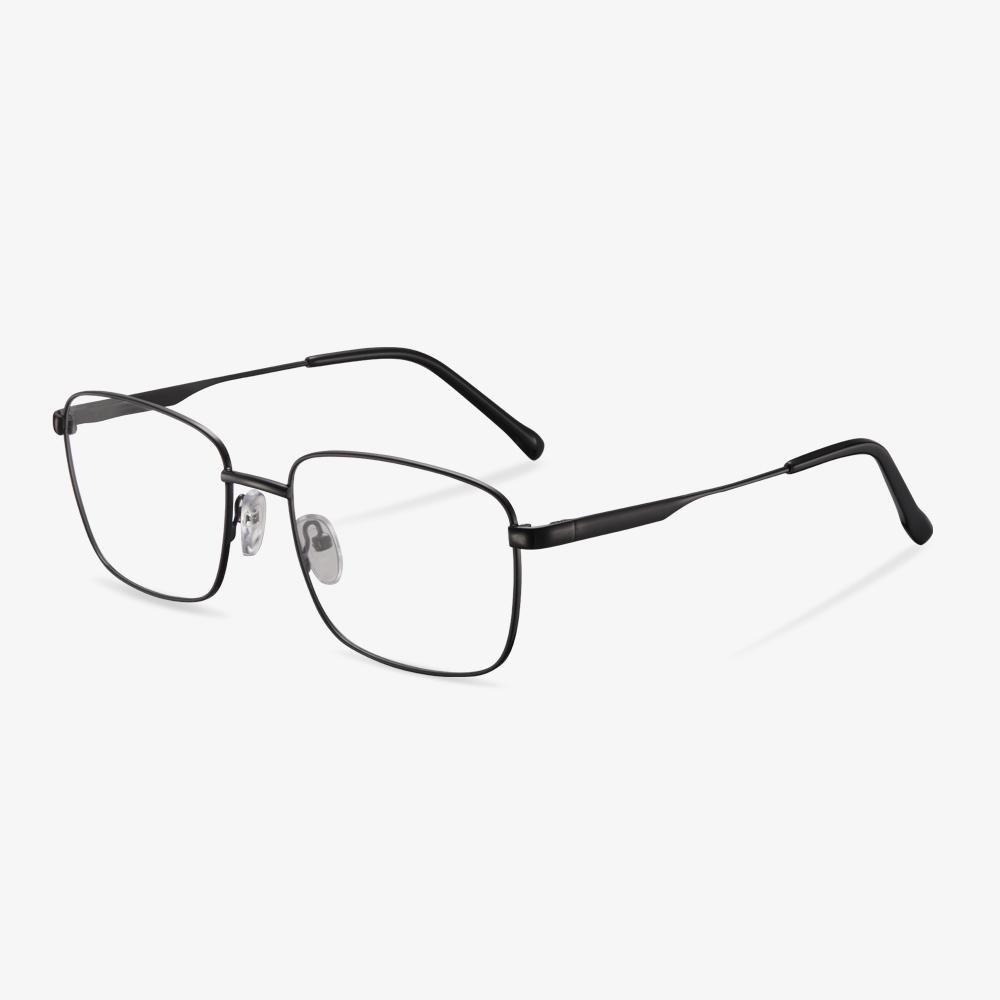Are blue light glasses good for driving at night?
Are blue light glasses helpful when driving at night? The answer is not necessarily. Anti-reflective coating on glasses is beneficial. But blue light blocking won't have any effect on your driving at night. If your glasses have an anti-reflective coating, then they might be helpful for night driving. Otherwise, they won't have any impact.
What Are Blue Light Glasses?
Blue light glasses limit exposure to blue light. Additionally, blue light blocking lenses also include non-glare protection. Blue light can be found in cell phones, tablets, computers, some light bulbs, and sunshine. And this particular wavelength of blue light can damage your retina, which can even lead to vision impairment.
However, blue light glasses can filter the harmful ultraviolet rays and reduce the potential damage to your eyes, and may improve symptoms of computer vision syndrome. Even if you do not need a pair of prescription glasses, you should consider a pair of blue light glasses because there are many benefits to them. Hence, in the following section, we will show you the benefits of blue light glasses.
It is more reasonable to use a visor
According to experts, if using the sun visor above the seat can solve the problem of dazzling sunlight, it is generally not recommended to use sunglasses. Although high-quality sunglasses can effectively reduce the impact of light on human eyes, they will more or less affect vision. Driving as a high-risk behavior, misjudgment of the environment can easily lead to accidents. If you really want to use sunglasses while driving, it is recommended that you develop a habit of wearing sunglasses to walk or work during your daily. Also, you can choose dedicated driving sunglasses. What needs to be reminded is that if your sunglasses are not usually worn, don't use them alone in the car.
The material of the nose pads
There are many differences between silica gel and PVC materials. For example, silicone can pass ROHS certification and is environmentally friendly. Silica gel is soft and feels good, while PVC products are rough. Silica gel products are soft, while PVC products are hard. Silica gel products are more flexible, but PVC has no toughness. Silica gel products are usually made to be more transparent. Glass frames made of plate material and TR-90 material, are relatively not heavy and non-allergic. Typically, the TR90 frame is cast to form a nose pad attached to the glasses ring. As the plate frame is cut out from compressed materials, the plate frame with a nose pad is usually injected into the nose pad after the frame is made.
The working principle of driving glasses
The driving glasses are designed according to the polarized angle and radian of the lens and the principle of precision optics. It can only let the beneficial light pass through, and other light sources, like strong sunlight, car headlights, and other light sources are filtered, to eliminate the interference of external light, and avoid the appearance of eye-catching, dazzling, and other situations. That's basically how the driver glasses are designed.
Are progressive lenses expensive?
The PAL tends to be more expensive than other lenses because you are definitely combining three lenses into one. Digital PAL is more expensive, but they are more personalized and specific to your size. This is key to providing the best visual experience. The cost of progressive lenses depends on several factors, including your prescription, the brand of glasses you choose, and other factors. However, you must remember that one progressive lens can replace multiple pairs of glasses, which can save you money in the long run. The price of progressive multi-focus glasses is different with different styles and different brands, from more than a hundred to thousands of yuan. We must choose according to our own economic situation.
How Long Does It Take to Get Used to New Glasses?
Most people are excited when they get a new pair of glasses for the first time. But sometimes there is an adjustment period before your vision is fully comfortable. So, how long does it take to get used to new glasses?
In most cases, it takes only a few days to adjust to a new pair of glasses. When you are adjusting to your new glasses, you might experience some symptoms such as mild dizziness, blurry vision, or eye strain. This would be a normal situation. These symptoms are common with new glasses and typically last only a few days.
Even though the new glasses come with the same prescription, different frames or lenses can alter your vision until you get used to the new frame style, frame material or lens type.
Besides, other factors will affect the adjustment time, such as the complexity of your prescription, the type of lens, and so on.
How long does it take to adjust to new glasses? It usually takes a few days. However, if you experience eye strain, distorted vision, and especially headaches for a few weeks, you had better contact the eye doctor or the optician. They will check your eyeglass and the prescription.

















